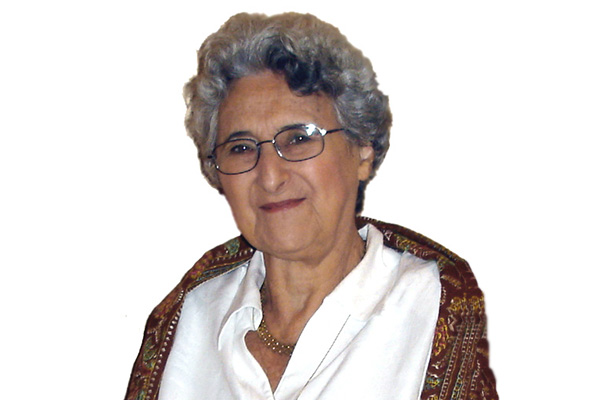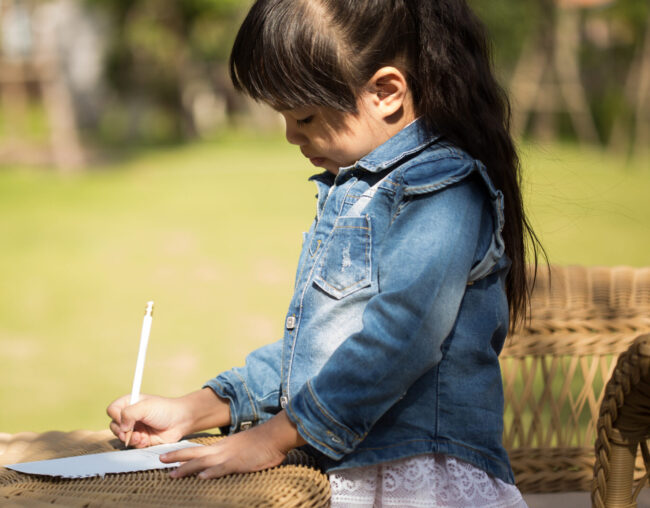One of the most important goals of early education is the development and strengthening of social competence. One of the benefits of project work is that it provides many opportunities to develop and apply important social skills. During projects, small groups of children take responsibility for particular aspects of the project, and many incidents arise for coordinating and cooperating the progress of the work.
These incidents frequently and inevitably provoke disagreements about how the work could proceed. During these many occasions, their teacher can suggest alternative ways to resolve disagreements and help the children develop a plan for how subgroups can take responsibility for the project’s various subtopics.
For example, a class of 4- and 5-year-olds in a small town undertook an investigation of the various businesses on their nearby main street. A few parents offered to help their teacher with the project. One small group decided to study the barbershop, another studied the butcher shop, and others studied the pharmacy, the grocery store, and the small bookstore.
The group that took responsibility for the barbershop began to argue about which of them would ask which questions, draw which objects, report their findings, and so forth. The teacher had an important role in helping the small groups work out their disagreements about who was to do what when they reported their work to their classmates. Arguments arose about who was going to construct which part of the model of the shop, who would report which details seen during their visit, and who would report many other aspects of their experiences during the project.
The teacher can closely observe the children at work as they plan how to present their reports. As they plan the presentation, some conflicts inevitably arise. The teacher can use these moments as opportunities to deepen and refine the children’s social and emotional competences. As such work proceeds, she can suggest to the children that if they have difficulty deciding who should do what, they can always ask her for help.
When this happens, she can first acknowledge the frustration and feelings that arise on these occasions and then ask: “What have you tried so far?” She can then talk to them about appropriate steps they can take and gradually help them agree about how to proceed with their tasks. The teacher can end such discussions about how to proceed with a comment such as “If you need any more help, I’ll be over there.” Another example:
The class has just returned from an interesting visit to the nearby fire station. They have now decided to build their own fire truck. They are taping two large boxes to form the body of the truck. Suddenly Sam shouts at Joey: “You are bad at taping! You messed up the truck. I don’t want you to work with me!” Joey comes to the teacher crying and saying: “He doesn’t like my way of taping the boxes. He’s making it hard for me. I want help!”
Depending on the individual child and his or her history of social relationships, the teacher can help the children learn various approaches to resolving conflicts.
First, the teacher can acknowledge the children’s feelings and then help them develop a plan to work together. In this way the teacher builds the children’s understanding that disagreements inevitably arise and that they can ask for her help to resolve them. This way the teacher builds the children’s understanding that disagreements often arise and we have to find ways to work them out.
So she might say to Joey: “Of course you were annoyed when Sam said he didn’t like your taping.” She might then say to Sam something like “it will help if you show him a different or better way to tape the boxes.” In this way the teacher is developing an understanding that if we don’t like a particular piece of work, we can think of other things to try.
The Project Approach provides a valuable context for the teacher to observe children’s social and emotional development and suggest more skillful solutions to conflicts or tense situations. With careful observation, the teacher can figure out how to assist particular children to refine their social skills and try more effective interaction strategies with their peers.
Some children rarely have conflict situations, but for others, a pattern of behavior may emerge in which their interactions are difficult, annoying, or argumentative. If a pattern of social difficulties persists with an individual child, the teacher can discuss the issues with colleagues and, if necessary, with the child’s family and develop shared goals to help the particular child improve his or her social skills.
The Illinois Early Learning Project has several new graphic tip sheets to help parents and teachers develop strategies for helping children to learn to work and play well together. The basic development of social competence must be well on its way during the first half-dozen years, and parents and teacher have a very important role to play in their development.

Lilian Katz
Lilian G. Katz, a professor emerita at the University of Illinois at Urbana-Champaign, has been an international leader in early childhood education. She has lectured in all 50 U.S. states and in 43 countries. Dr. Katz also has authored more than 150 publications about early childhood education, teacher education, child development, and parenting.
Biography current as of 2019


